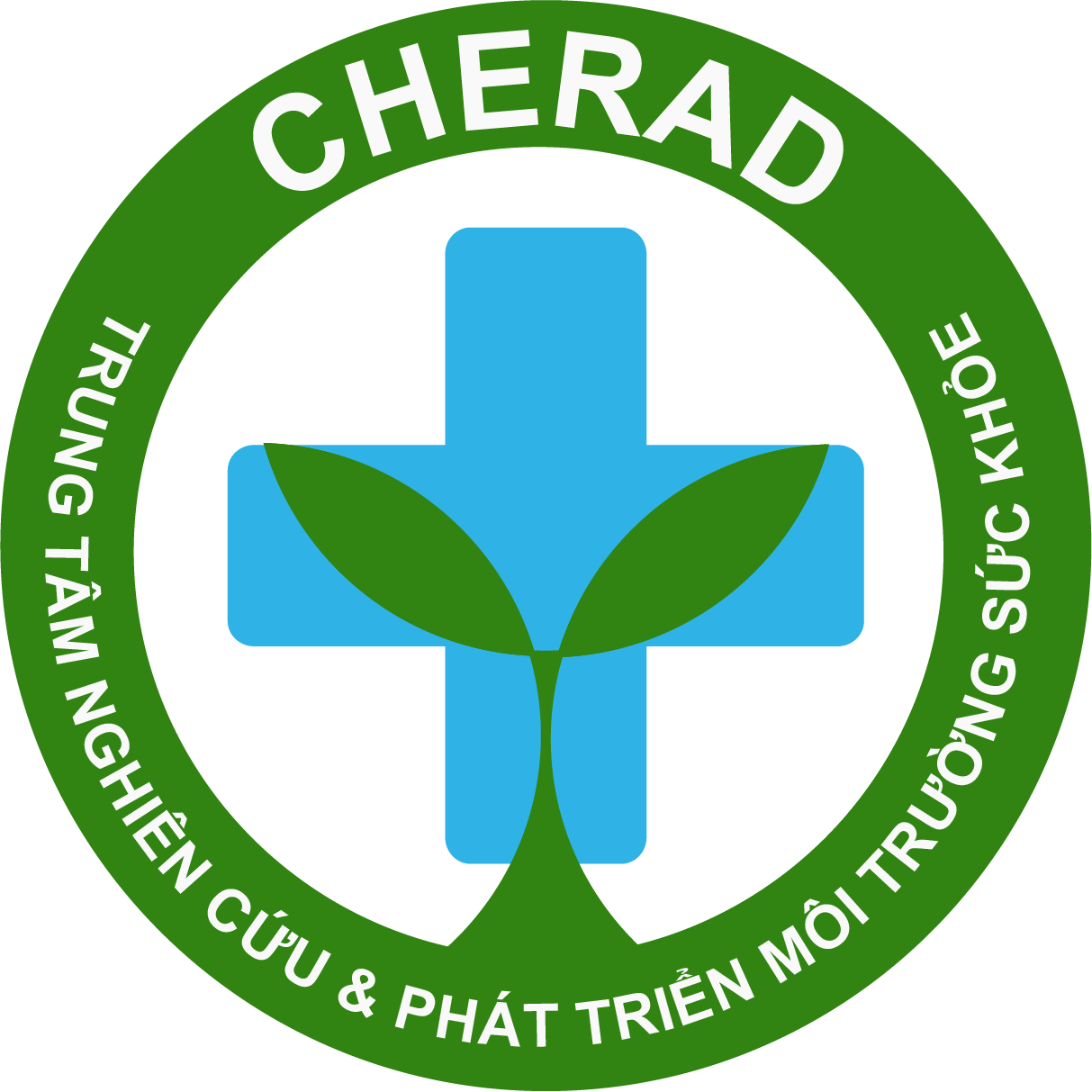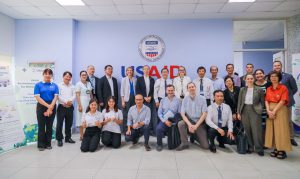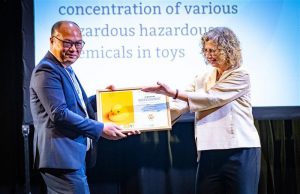According to a survey by the Center for Health Environment Research and Development (CHERAD), the total amount of medical plastic waste generated at 08 hospitals is 61 tons per month, one third of which is infectious waste and only 16% of the total amount of plastic waste is classified for treatment. This highlights the importance of effective regulations, the need for better enforcement, and adequate investment to improve the management of medical plastic waste, thereby minimizing threats to the environment and public health.


On July 7, 2023, with the support of the United States Agency for International Development (USAID), the Center for Health Environment Research and Development (CHERAD) and Winrock International held a technical consultation meeting with stakeholders to share the results of a survey on the current status of medical plastic waste management at some medical facilities and the results of a policy review on medical waste management and to connect stakeholders in Vietnam. The meeting was attended by Ms. Vu Thi Thu Hang – Department of Climate Change, Energy and Environment, US Agency for International Development, Ms. Nguyen Thi Hoang Nha – Chief of Office of Health Environment Management Agency, Ministry of Health; Dr. Tran Anh Dung – Deputy Director of the Health Strategy Institute, Ministry of Health and representatives of hospitals, research institutes, universities, scientists and representatives from organizations, businesses, associations/networks in the field of plastic waste.
This meeting was one of the first efforts by CHERAD and the USAID Pollution Reduction project in implementing the Initiative “Building a Circular Economy in Medical Plastic Waste Management”. The workshop had the participation of nearly 50 leaders from relevant agencies, Departments of Health, Departments of Natural Resources and Environment, hospitals in Hanoi, Can Tho, Phu Tho, Binh Dinh, Quang Ninh, Da Nang, Dong Nai, NGOs, networks, researchers and firms producing plastic products and providing environmental solutions.

CHERAD’s survey reveals an urgent need for hospitals to improve their waste segregation practices, strengthen connections with waste collection and recycling companies, and strengthen the regulatory system on medical plastic waste management. In particular, detailed guidance and related incentives should be provided for the procurement of environmentally friendly products and the reduction of single-use plastics in healthcare facilities. Based on the main findings of the surveys and discussions at the meeting, the delegates initially identified a suitable circular economy model for medical plastic waste management and interventions in medical plastic waste treatment at the pilot hospitals. In addition, specific recommendations for policy formulation and implementation in the field of medical plastic waste management were also collected.










